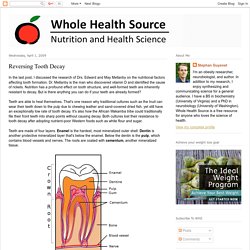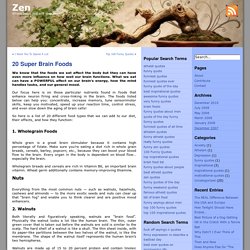

Does Your Diet Affect How You Consume Information? A large percent of the food available to folks in the US is infused with glucose, high frusctose corn syrup, and sugar. It’s no surprise that we like sweet foods and beverages. I would wager that the average diet for a person growing up today is much more heavily compised of sugar and it’s derivatives than most previous generations. But what affect does our food choice have on the way we prefer to process information, and communcate with each other? Consider other species of life that have diets similarly dependant on sugar. Across the globe you’ll find many forms of life that can benefit from sugar. The web has grown into one huge ecosystem in which over a hundred million hives have formed. Increasingly we consume nibble size pieces of information. A quick look to Google showed a couple of relevant studies on the effect of sugar on cognitive processes. Effect of breakfast composition on cognitive processes in elementary school children Both papers share similar co-authors, Caroline R.
Reversing Tooth Decay. In the last post, I discussed the research of Drs.

Edward and May Mellanby on the nutritional factors affecting tooth formation. Dr. Mellanby is the man who discovered vitamin D and identified the cause of rickets. Nutrition has a profound effect on tooth structure, and well-formed teeth are inherently resistant to decay. But is there anything you can do if your teeth are already formed? Teeth are able to heal themselves. Teeth are made of four layers. When enamel is poorly formed and/or the diet isn't adequate, enamel demineralizes and decay sets in. Since the days of John Hunter it has been known that when the enamel and dentine are injured by attrition or caries, teeth do not remain passive but respond to the injury by producing a reaction of the odontoblasts in the dental pulp in an area generally corresponding to the damaged tissue and resulting in a laying down of what is known as secondary dentine.
20 Super Brain Foods. We know that the foods we eat affect the body but they can have even more influence on how well our brain functions.

What we eat can have a POWERFUL affect on our brain’s energy, how the mind handles tasks, and our general mood. Our focus here is on those particular nutrients found in foods that enhance neuron firing and cross-linking in the brain. The foods listed below can help you: concentrate, increase memory, tune sensorimotor skills, keep you motivated, speed up your reaction time, control stress, and even slow down the aging of brain cells! So here is a list of 20 different food types that we can add to our diet, their effects, and how they function: 1. Whole grain is a great brain stimulator because it contains high percentage of folate. Wholegrain breads and cereals are rich in Vitamin B6, an important brain vitamin. Nuts 2. Both literally and figuratively speaking, walnuts are “brain food”. Omega 3 fatty acids found in walnuts are especially helpful in brain function.
Calories Do Count.